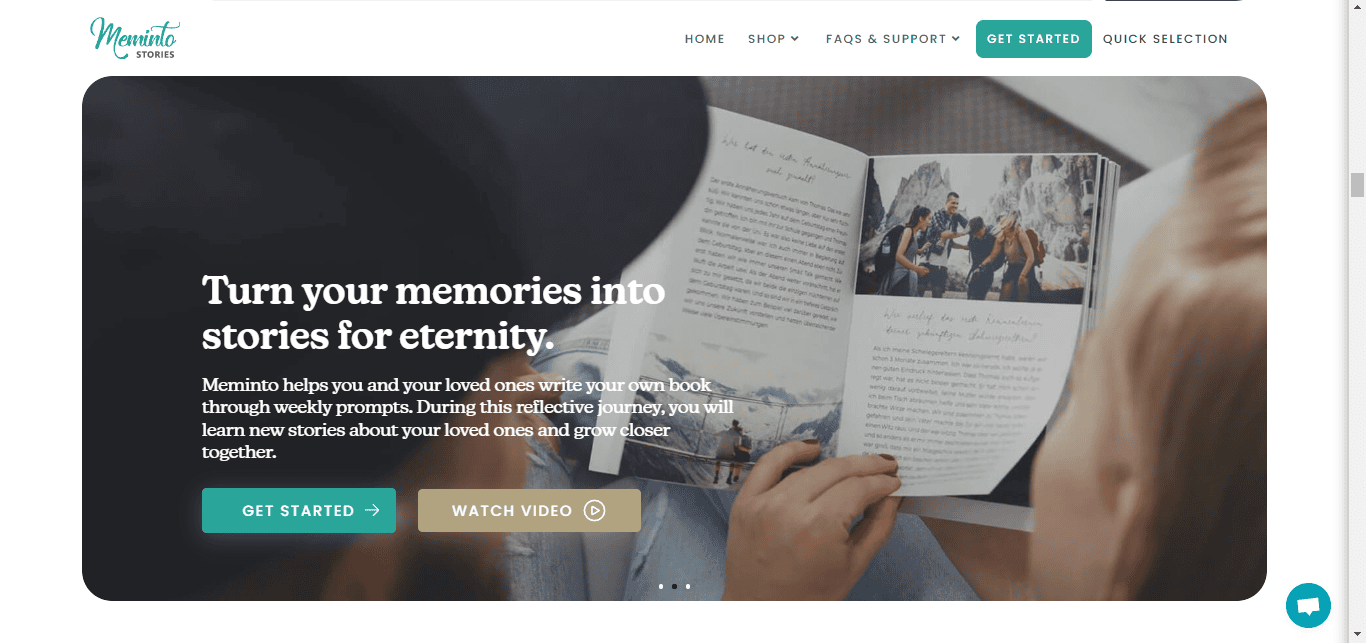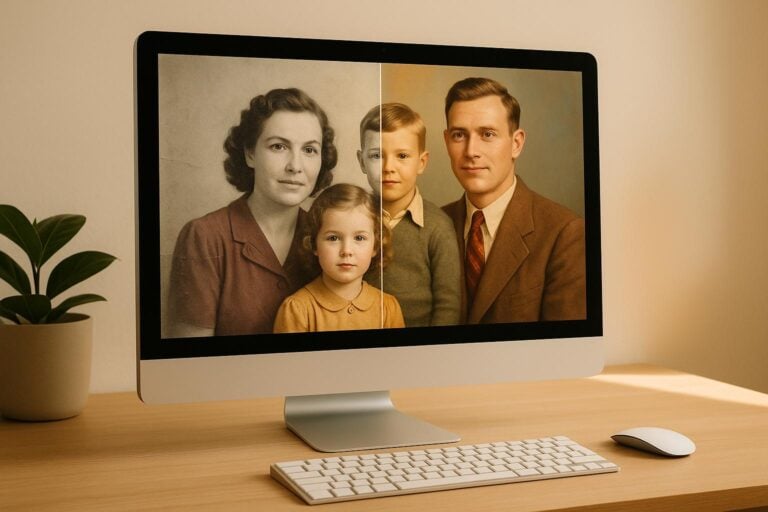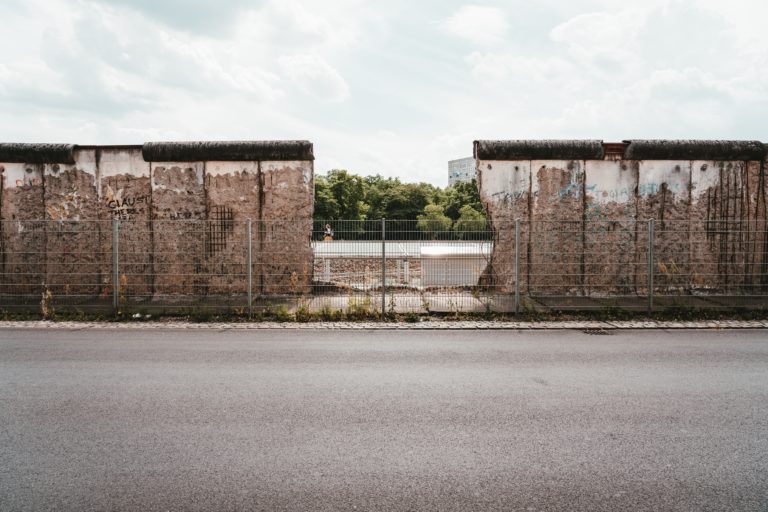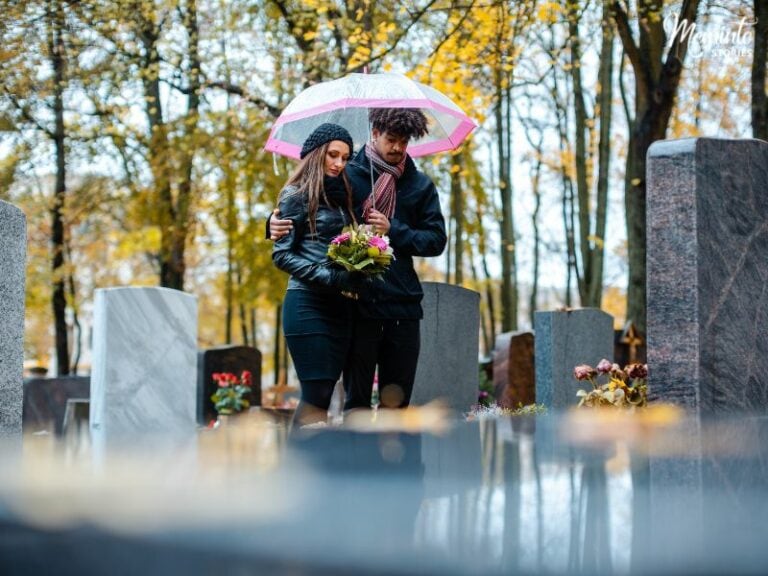Asking the right questions about your family’s legacy is one of the essential ways of preserving your family’s heritage. These questions evoke conversations that dig up stories, insights, memories, and traditions that may have been untold and that you are unaware of, yet they have shaped your family’s experiences in the past years.
The truth is that every family has a story, and this story tells of the family’s history, culture, traditions, values, memories, personal experiences, and beliefs, which have been passed down through generations. The story is what is called a family legacy.
A testament to not just where you come from but also who you are. However, as the years go by, the attributes and stories that formed the family’s legacy can be forgotten by family members.
That is why I have created this guide to help you with 100 questions you can ask occasionally to help preserve your family’s legacy. These questions will spark meaningful conversations that will uncover essential family stories, wisdom, values, or insights and help you write a detailed family history book that will be passed down to future generations.
Key Takeaways
- Asking questions about your family legacy can help you uncover stories and secrets about your family that you were unaware of.
- Asking questions about your family legacy helps you preserve your family’s values, traditions, and heritage.
- Using tools like Meminto helps you easily document your family’s response.
100 Interview Questions to Ask your Grandparents your About Family History and Legacy

Family Origin
- Where did our ancestors originally come from?
- What is the earliest known story about our family?
- How did our ancestors come to settle in their current location?
- Are there any notable historical events that our family was involved in?
- What were the occupations of our ancestors?
- What were the reasons behind any major migrations or relocations?
- What languages did our ancestors speak, and are any still spoken today?
- What traditional foods are associated with our family’s heritage?
- Are there any heirlooms or artifacts that have been passed down through generations?
- What were the living conditions like for our ancestors?
- Did our family participate in any significant cultural or social movements?
- How did our family adapt to changes in their environment or society?
- What were the significant challenges our ancestors faced in their time?
- How did they overcome these challenges?
- What are the most cherished stories from our family’s early days?
- Who were the key figures in our family’s history, and what were their contributions?
- How have our family’s traditions evolved?
- Are there any superstitions or beliefs that our ancestors held?
- What was the role of religion or spirituality in our family’s history?
- What legacy did our ancestors hope to leave behind?
Family Traditions
- What are the most important traditions in our family?
- How did these traditions originate?
- Which holidays or events are most significant to our family, and how do we celebrate them?
- What traditional foods are always present at family gatherings?
- Are there any unique customs or rituals that our family observes?
- How have our family’s traditions changed or evolved over the years?
- What are some of the most memorable family celebrations?
- Are there any traditional songs, dances, or stories passed down through generations?
- How do we celebrate weddings, births, and other major life events?
- What role does food play in our family’s cultural practices?
- How do we honor our ancestors or remember those who have passed away?
- Have any family-specific games, jokes, or sayings been passed down?
- What is the significance of certain heirlooms or keepsakes in our family?
- How do we incorporate our cultural heritage into our daily lives?
- What are the symbols or emblems that represent our family?
- How do we pass down family traditions to younger generations?
- Are there any traditions that have been lost over time?
- How do we adapt our traditions to modern times while keeping their essence?
- What are the values reflected in our family traditions?
- How do our traditions help us stay connected as a family?
Values and Beliefs
- What values were most important to your parents, and how did they instill them in you?
- How were you taught to treat others in your family and community?
- What role did honesty and integrity play in your family?
- How did your family handle conflict and disagreements?
- What lessons about hard work and perseverance were passed down to you?
- How were you taught to handle money and financial responsibility?
- What beliefs about education and learning were emphasized in your family?
- How did your family view success and achievement?
- What role did kindness and generosity play in your family?
- How did your family express love and affection?
- What were the expectations around gender roles and responsibilities?
- How did your family approach the concept of duty and obligation?
- What lessons were taught about forgiveness and reconciliation?
- How were cultural or religious beliefs integrated into your daily life?
- What were your family’s views on community involvement and helping others?
- How were you encouraged to pursue your passions or interests?
- What lessons did your family pass down about dealing with adversity?
- How did your family teach you about respect for elders and authority?
- What beliefs about health and well-being were emphasized in your family?
- How do you hope these values will be passed down to future generations?
Trials and Triumphs
- What were some of the biggest challenges our family faced in the past?
- How did our family handle financial difficulties or economic hardship?
- Were there any significant health issues that impacted our family, and how were they dealt with?
- How did our family respond to major historical events like wars or natural disasters?
- What role did the community or neighbors play in helping our family during challenging times?
- Were there any personal tragedies that had a lasting impact on our family?
- How did our family adapt to societal changes, such as shifts in cultural or political climates?
- What sacrifices did our ancestors make for the sake of the family?
- Were there any moments when our family came close to losing everything, and how was recovery achieved?
- How did our family maintain hope and morale during challenging times?
- What role did faith or spirituality play in helping our family overcome adversity?
- Were there any legal or social battles our family had to fight, and what were the outcomes?
- How did our family deal with loss, such as the death of a loved one?
- What were the key strategies or coping mechanisms that helped our family survive tough times?
- Were there any mentors or role models who provided support during difficult periods?
- How did our family celebrate victories or milestones after overcoming challenges?
- What lessons were learned from the challenges our family faced?
- How did these experiences shape the character and values of our family?
- What stories of triumph are told and retold within our family?
- How do we honor the memory of those who showed exceptional resilience and courage?
Personal Experiences
- What is the earliest memory you have of your childhood?
- Who was your best friend growing up, and what did you do together?
- What was school like for you, and what were your favorite subjects?
- What was the most significant event in your life?
- Can you describe a time when you faced a significant challenge and how you overcame it?
- What was the happiest moment of your life?
- How did you meet your spouse, and what was your courtship like?
- What are some of your favorite memories from raising your children?
- What was the hardest decision you ever had to make?
- Can you share a story about when you learned an important life lesson?
- What was your relationship with your parents like?
- How did you spend your free time as a child and an adult?
- What are some of your most memorable family vacations or trips?
- What achievements are you most proud of in your life?
- How did you handle difficult times like illness, loss, or financial hardship?
- What hobbies or passions have been necessary to you throughout your life?
- Can you describe a time when you took a risk and the outcome?
- What role has faith or spirituality played in your life?
- How have you changed over the years, and what experiences contributed to that change?
- What advice would you give to future generations of our family?

Best Practices to Use When Asking Family History Interview Questions to Preserve Family Legacy
When discussing family legacy, it is important to use the best approach since conversations like these are prone to evoke deep, personal, and emotional memories. The best way to ask questions like these is to be thoughtful, respectful, and strategic.
Below are some of the best practices you can use when asking questions about family legacy:
- Choose the Right Place and Time: The first thing to consider when asking questions about your family legacy is whether the place and time are right for having that kind of conversation. The setting and timing greatly influence the quality of the response you will get.
If you ask questions like this when family members are busy or pressured, you will not have a meaningful conversation compared to when they are relaxed and in a comfortable environment. Also, when you have found the perfect timing and setting for your interview, turn off all forms of distractions and interruptions to have their undivided attention.
- Establish Trust and Communication: Despite the fact that you will mostly be interviewing close family members, it is important to establish some level of trust at the beginning of the conversation before asking questions.
Remember that these questions can be sensitive and personal, so if the person you are interviewing does not trust you enough, you will likely not get a meaningful response.
So, help the person you are interviewing feel safe and valued by showing genuine empathy and allowing them to express themselves without being judgmental. You can start by asking light questions, the type that would help them feel comfortable while answering, before moving to more sensitive and heavy questions.
- Ask Open-Ended Questions: Only ask thoughtful and open-ended questions that would allow the person you are interviewing to open up to you and share more about their life experiences, memories, and memorable moments.
Avoid asking Yes/No questions; instead, ask questions that would make the person elaborate more. Also, ask questions that are tailored to an individual and center on their experiences and emotions.
- Show Respect For Their Boundaries: When doing questions, it is important to respect the boundaries of your interviewee, especially when it has to do with sensitive and personal questions. Knowing that certain questions can bring up memories that would make them uncomfortable and, in extreme cases, end the conservation.
So respect their boundaries and allow the person you are interviewing to feel very comfortable when asking questions.
- Be Attentive: No one would want to keep answering questions if they notice you are inattentive. So try to maintain eye contact and nod or chip in one word or the order while listening.
This does not only show that you understand and follow their story but also helps the person you are interviewing stay engaged and willing to share more.
- Document and Preserve the Conversation: Do not just ask questions, ensure you document the response you are getting either by taking notes or recording with an audio or visual recorder. This allows you to go over the conversations again and preserve them for future generations.
- Enable Storytelling Over Facts: While facts are good, it is vital to ask family members to share stories that tell of the family’s trials, and triumphs. This kind of story makes the family legacy more memorable.
How to Create a Family Legacy Book on Meminto
Now that you know the questions to ask about your family legacy, here’s a step-by-step guide on how you can use Meminto to create your family legacy book with the answers you got:
- Visit https://meminto.com/product/life-book/ and click “Get Started.”
- Decide if you are making the book for yourself (“I will”) or as a gift for someone else (“Someone else will”).
- Choose the number of pages you want and specify if you need extra copies or digital versions. Then, click “Add to Cart.”
- Enter your shipping details, pick your payment method, and apply any promo codes you have.
- Review your order details and track its status on the checkout page.
- Check your email for a confirmation containing an activation code. Copy the code and go to https://memin.to/register.
- Fill out your personal information, enter the activation code, and create a password. Click “Sign up for Meminto” to start.
- Choose your language preference (German or English) and select the day you want to receive weekly writing prompts. Click “Save Changes.”
- Customize your family legacy book by choosing the typographic alignment and category presentation.
- You can further personalize your family legacy book to suit your preferences.
- Watch the instructional video below for better guidance on how to use the Meminto app.
You are currently viewing a placeholder content from YouTube. To access the actual content, click the button below. Please note that doing so will share data with third-party providers.
More Information
Conclusion
Knowing more about your family’s legacy is very important, as it helps you learn about your family’s values, traditions, stories, and experiences that benefit both present and future generations. In this guide, I’ve compiled 100 detailed and thoughtful questions that will guide you to know about your family’s legacy.




















